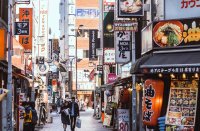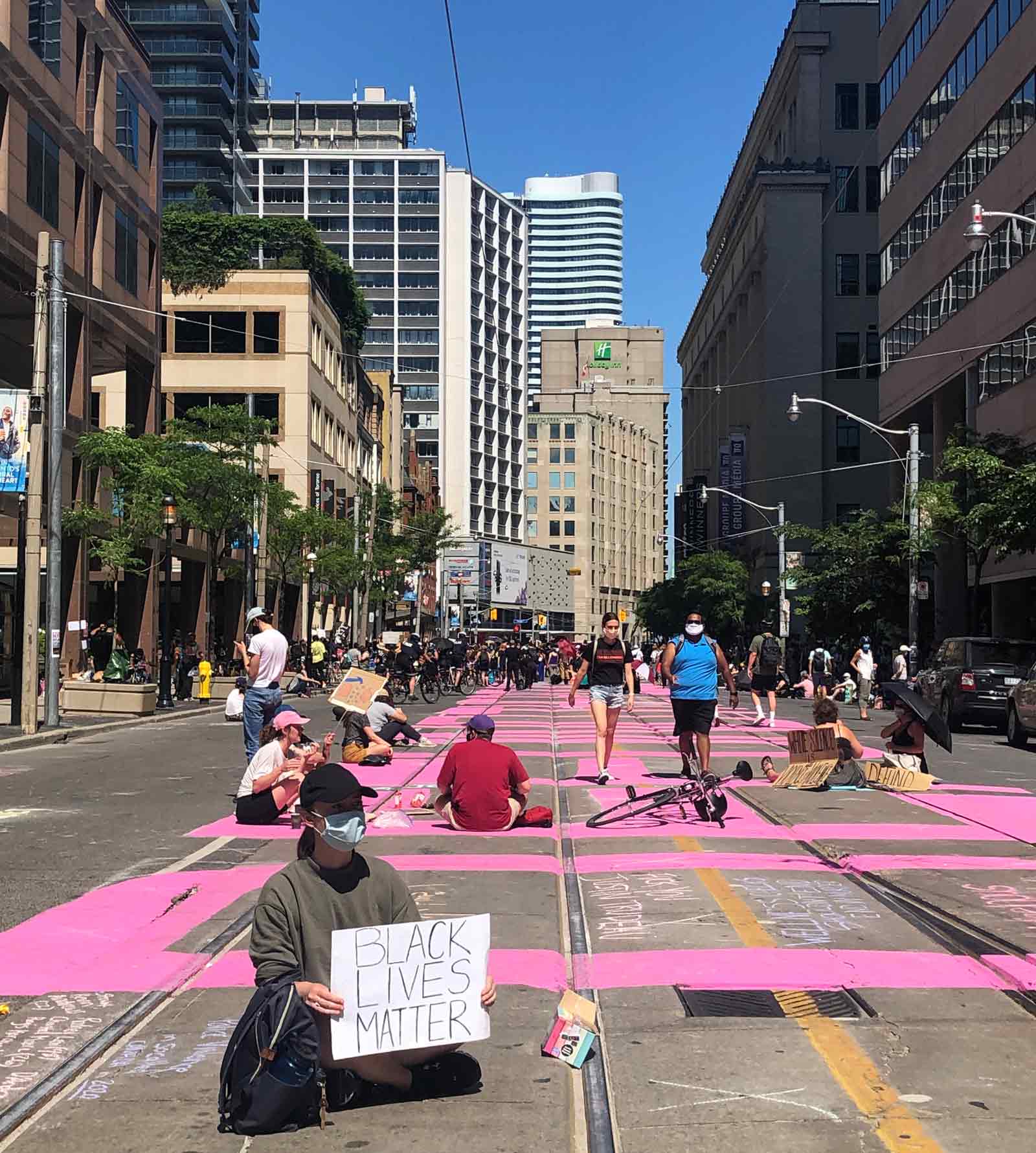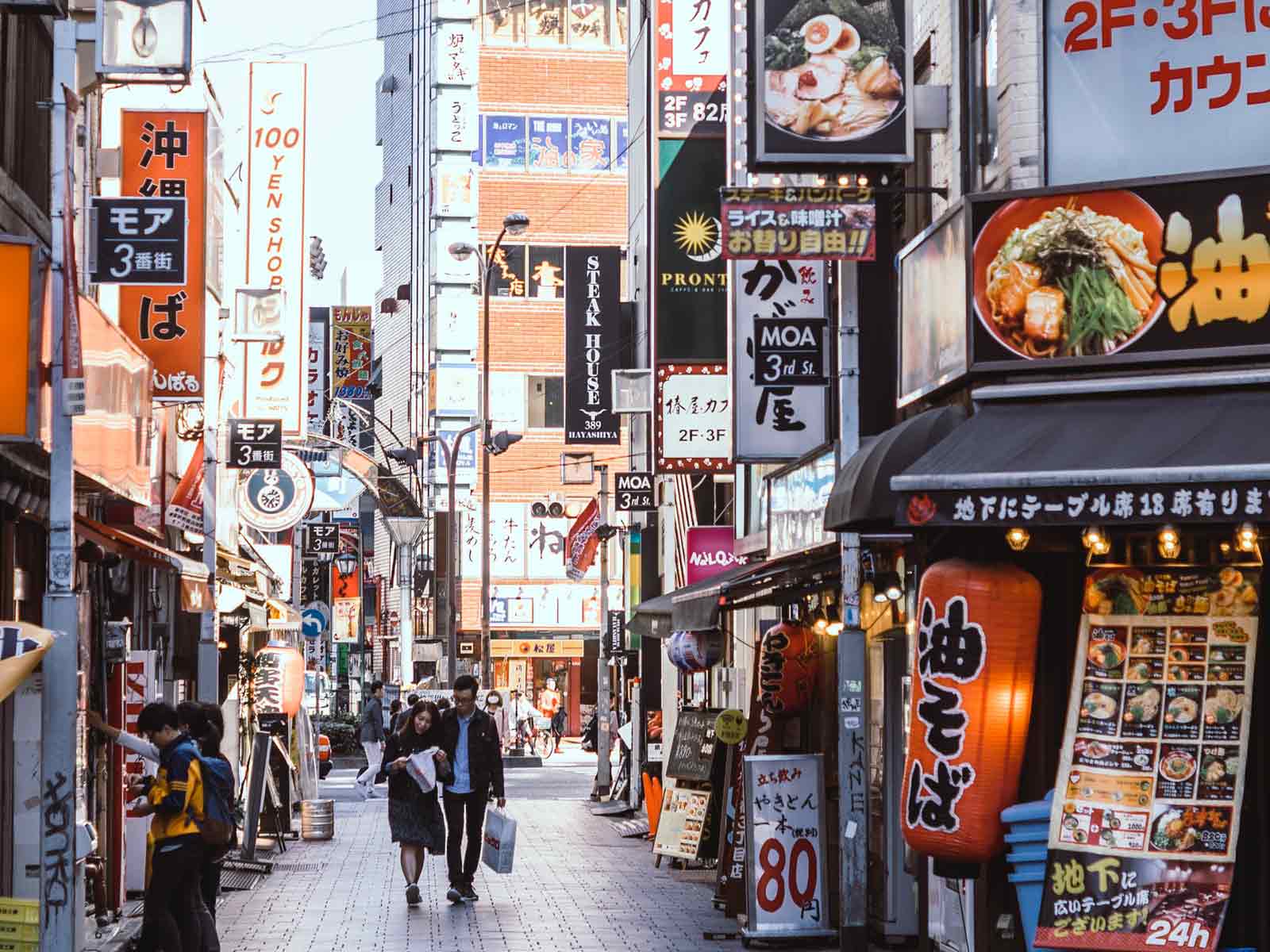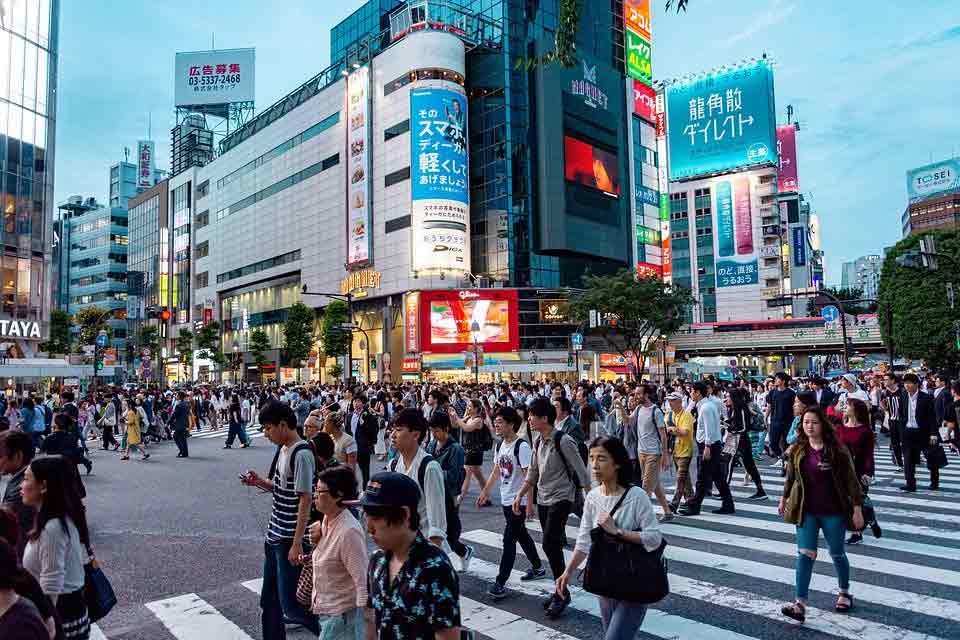Carlos Ghosn, Nissan’s ex-chairman, says he has not fled justice but “escaped injustice and political persecution”.
Carlos Ghosn, the auto industry mogul who pulled off his escape from Japan, has revived global criticism of Japan’s “hostage justice.” The long-term detention in his case has triggered surprise and criticism overseas, leading to doubts about Japan’s integrity as a democratic nation that guarantees human rights.
Ghosn, who ran the Nissan-Renault auto alliance, one of the world’s biggest car-making empires, was arrested in Tokyo in November 2018. He faced four charges of financial wrongdoing in Japan and was set to go on trial this year; however, he escaped claiming he did not trust the “rigged” Japanese justice system to give him a fair trial.
“I am now in Lebanon and will no longer be held hostage by a rigged Japanese justice system where guilt is presumed, discrimination is rampant, and basic human rights are denied,” he said in a statement on December 31.
“I have not fled justice—I have escaped injustice and political persecution,” adding he is now able to communicate “freely” with the media, which he vowed to do “starting next week”.
The Japanese authorities have stayed conspicuously silent about the escape of the country’s most prominent criminal defendant.
“Hostage Justice”, the pressure to confess
In Japan, suspects who deny the charges against them are often detained for long period and subject to intense questioning without a lawyer present, a system critics call “hostage justice (hitojichi-shiho).”
Japan’s criminal justice practices—stretching suspects’ detention until they confess, forcing detainees to face investigators’ questions without the presence of lawyers and stripping them of their right to remain silent, and coercing them to confess including false confessions—
have long been called “hostage justice” and a cause of wrongful convictions.
“The Japanese criminal justice system is focused on interrogation. The aim is getting a confession,” explained Nobuo Gohara, who spent 23 years in the prosecutor’s office before resigning,to BBC News. He now works in private practice and campaigns for reform of Japan’s justice system.
“A suspect who admits to the crime is released from imprisonment,” Mr Gohara explained. “But if a person refuses to admit to a crime, the prosecutor’s office will strongly oppose release until the suspect makes a confession.”
This “hostage justice” system has been criticized as it uses detention beyond its original purpose of securing suspects’ appearance in court and violates the human rights guaranteed by the Constitution of Japan, including physical freedom, the right to remain silent, and the right to a fair trial. There are numerous examples of people spending years in prison for crimes they didn’t commit or where serious doubts have emerged because of apparently “unsafe” confessions.
The practice to refuse the release of those who deny their crimes can violate the prohibition of torture, as it uses sufferings caused by prolonged detention and interrogation to force confession. It also violates international human rights standards including the presumption of innocence, the prevention of torture, and access to counsel during questioning.
According to a report by Reuters, Japanese civil rights groups and the main bar lawyers association have long criticized a system that convicts 99.9% of criminal defendants as the system does not meet international standards. They say it gives too much power to prosecutors, who can detain suspects for long periods before indictment, and relies too much on confessions, some later found to have been forced and false.
Ghosn with the Wind—but how?
Local news outlets reported that Ghosn left on a plane from Osaka, Japan, late Sunday aboard a business jet and landed at Istanbul Ataturk Airport. He then switched planes and flew to Beirut, reports said.
As a Turkish charter jet company said, its planes were used illegally to pull off the plan, while the Japanese news media reported that surveillance camera footage showed him leaving his Tokyo home on Sunday by himself. It is not clear how he could have eluded the authorities and make his way to Osaka from Tokyo, which is roughly 300 miles west of Tokyo.
Most of the details of his getaway still remain murky and unconfirmed. The authorities in Japan and Turkey are still investigating how he made an escape. This mystery has fed into many theories—Japanese news media outlet reported that he was smuggled out of his home in a musical instrument box.
Netflix doesn’t have a deal with former Nissan CEO Carlos Ghosn
French newspaper Le Monde wrote that Ghosn signed an exclusive deal with Netflix a few months ago, and other publications joked that Ghosn was at the center of a real-life story worthy of a Netflix thriller.
But a spokesperson for Netflix told Business Insider that Ghosn does not have a deal with the company, on the contrary to a popular belied.
The New York Times also reported that Ghosn met with one Hollywood producer about a movie portraying his rise as an executive, but the talks to did not advance to mature stages.
The New York Times, “New Clues Emerge in Carlos Ghosn’s Escape From Japan”
Reuters, “Ghosn flight prompts talk of more curbs in Japan’s strict justice system”
Business Insider, “Netflix says it doesn’t have a deal with former Nissan CEO Carlos Ghosn”










































